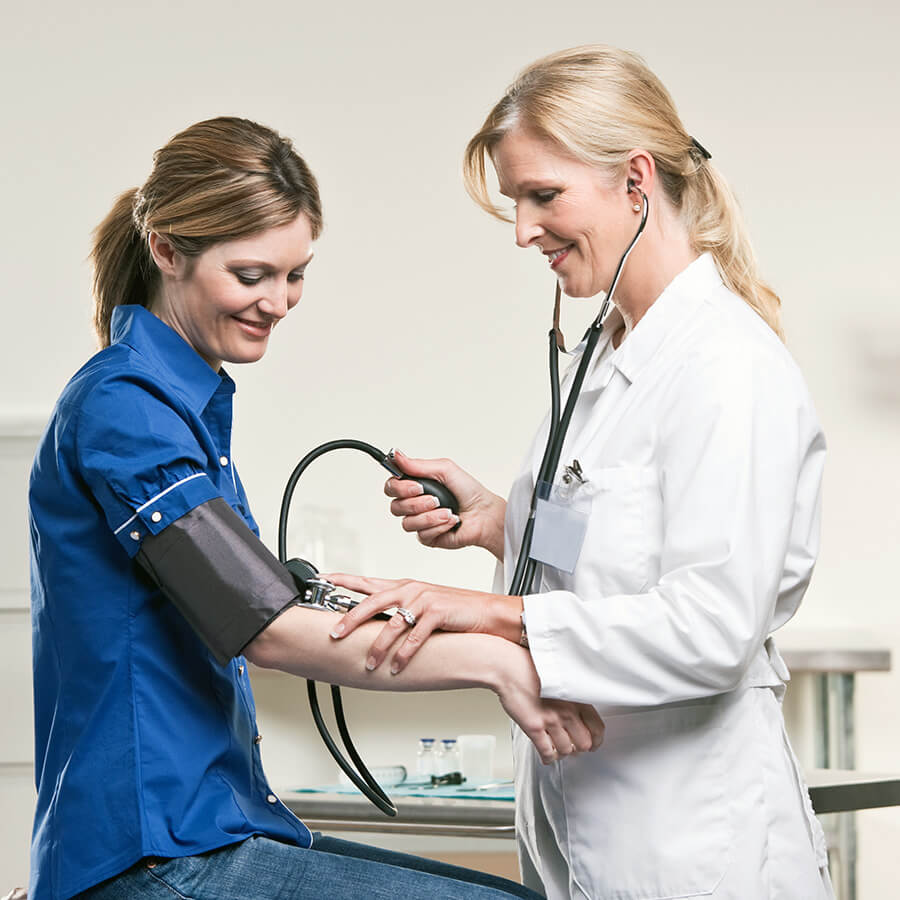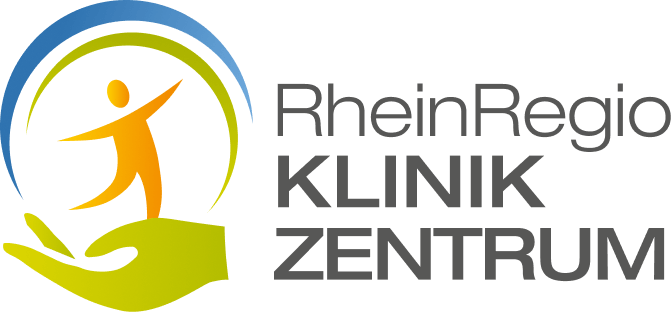Early diagnosis significantly increases the chances of successful treatment and recovery

According to Duden, prevention is: “…a set of measures that prevents the possible subsequent development of events or situations, through which material difficulties or diseases can be avoided.”
Prevention plays a key role in maintaining our health.
The earlier diseases or associated risks are detected, the sooner measures can be taken. Many serious illnesses, such as cancer, hypertension, or diabetes, are asymptomatic in the early stages. However, early diagnosis greatly increases the chances of successful treatment and recovery. Additionally, preventive check-ups help identify potential risks at the earliest stages, allowing symptoms to be prevented from developing. This means that even if you feel completely healthy, regular medical check-ups are necessary to prevent potential health problems in the future.
We have compiled a list of recommended preventive check-ups based on your age.
From 18 years old: General medical check-up
People aged 18 to 35 are entitled to a one-time free check-up to detect cardiovascular diseases, diabetes, and other conditions. The check-up includes:
- Medical history collection
- Physical examination
- Consultation based on the examination results
From 20 years old: Early detection of cervical cancer
Women are advised to visit a gynecologist at least once, preferably twice, a year. As part of the check-up:
- Examination of the female reproductive organs
- Collection of important swabs for analysis
Women between the ages of 20 and 34 can have a Pap smear (Papanicolaou test) annually for early detection of cervical cancer, which is most often linked to the human papillomavirus (HPV). Vaccination against HPV and regular check-ups significantly reduce the risk of cancer. Women over 35 are recommended to undergo a combined test (Pap smear + HPV test) every three years.
From 30 years old: Breast cancer screening
Women aged 30 and older are advised to undergo a breast examination annually. During the check-up, the doctor:
- Performs palpation of the breasts, lymph nodes, and underarms
- Checks for lumps or other changes
Breast self-examination also plays an important role: any changes should prompt a visit to the gynecologist.
From 35 years old: Comprehensive medical check-up
Starting at 35, you are entitled to a free medical examination every three years. It includes:
- Full body examination
- Blood pressure measurement
- Urine analysis
- Blood sample for glucose and cholesterol levels
This set of tests aims to detect cardiovascular diseases, type 2 diabetes, and kidney conditions early. The Western German Diabetes and Health Center (WDGZ) at the Duesseldorf Association of Catholic Clinics offers a specialized preventive program under the guidance of Professor Stefan Martin, a leading expert in the treatment of diabetes and cardiovascular diseases.
From 35 years old: Skin cancer screening
It is recommended to undergo a full skin examination by a dermatologist every two years. The doctor examines moles and other skin changes using a microscope. Skin cancer is increasingly common among young people, so regular screenings allow for early detection of the disease.
From 45 years old: Urological prevention for men
Men over 45 are advised to undergo an annual examination for prostate cancer and external genitalia. The examination includes:
- Medical history collection
- Examination and palpation of external genitalia
- Rectal prostate examination
- Checking local lymph nodes
- Skin examination
- Consultation based on the examination results
For more detailed information, feel free to contact us – we are always ready to help!
